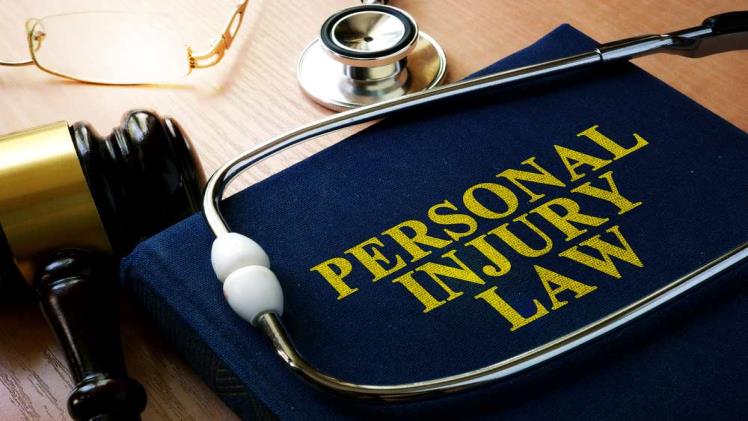As a business owner, you probably know that you owe your employees a duty of care.
In other words, your business practice needs to provide safe working conditions for its employees without causing any harm to them or their property.
Generally speaking, the best way to protect your business from personal injury claims is to take preventative measures to reduce work-related risks.
However, we’ve compiled a list of 8 actionable steps you can take to ensure the well-being of your employees.
-
Have Business Liability Insurance
If an employee sues your business for property damage or a personal injury, you want to ensure that the financial interests of your business are protected.
For example, if your employee suffers a bodily injury due to a slip and fall accident, you can protect your business from a personal injury claim with Business Liability Insurance.
This general liability insurance policy ensures coverage of your financial liabilities and legal defense expenses in the event of a lawsuit.
Besides Business Liability Insurance, you may also want to consider specialized insurance such as professional liability insurance or umbrella insurance.
Specialized insurance can help extend the coverage limits of your primary insurance.
-
Eliminate the risk of personal injury and property damage
The best way to avoid personal injury claims is to employ good employment practices in the first place.
A variety of laws and policies exist to introduce safety measures to workplaces. These safety practices exist to minimize the risks of personal injuries. If your business is adhering to them, you’ve already done half of the work.
The other half is ensuring that your employees are made aware of and trained to manage the potential risks associated with the kind of work they participate in.
Lastly, make it a priority to regularly assess and maintain a safe work environment. Conducting safety tests at least once a week is a great way to avoid negligence.
-
Provide safety orientation and training to employees
While we’re on the topic of making your employees aware of work-related risks, you should also train them in safe working practices.
That means if you’re in the business of working with heavy or dangerous equipment, your employees should first be trained on how to handle such equipment. The goal of this training is to reduce the risk of future injuries and health concerns.
Keep in mind that proof of holding workplace safety training for your employees can be strong evidence in court, in case a personal injury claim is brought against your business.
-
Protect yourself with written and signed agreements
When you put the rights and duties of parties to a business agreement in writing, you’re ensuring faster dispute resolution, all while cutting down on the costs and court fees associated with litigation.
In addition to written agreements, you should also keep records of your business transactions and related documentation, such as emails, transcripts from phone conversations, and others.
This kind of documentation could serve as useful evidence in case a dispute ends up before the court.
-
Hire security
While you’re taking measures to protect yourself from internal personal injury claims, you want to protect yourself from external risks too.
Whether your business is at the risk of a break-in, theft, or other external risks, investing in additional security might be a smart measure to take.
-
Respond properly to accidents
Even if you’ve taken all the precautionary measures, personal injuries can still occur. What matters the most is that you respond properly to them.
Your priority should be getting emergency help to the injured party. Another piece of advice is to record the place of the accident and collect witness contact information, in case the situation escalates.
If you need support with understanding your liability and gathering evidence, check this out.
-
Separate personal assets from your business ones
When choosing a business structure for your company, you might want to consider potential personal injury claims.
If you structure your company as an LLC,t tunai4d you’ll protect your personal assets from the debts and liabilities of your business.
As opposed to that, sole proprietors are personally responsible for their debts and the debts of their business. That means if their business is sued, they’ll be paying the related expenses out of their own pockets.
-
Hire a reputable lawyer
If you were having a medical issue, you would bring your concerns over to a medical expert. The same goes with having legal concerns.
Trusting someone who’s not an expert with serious legal concerns or attempting to handle them on your own may cause more damage than good.
In the end, paying a lawyer to take care of your legal matters costs less than trying to catch up with your mistakes and attempt to remedy them.

